The esports industry is slowly but surely catching up to traditional sports in terms of viewership, money, and legitimacy.
Esports revenues grew to over $1 billion in 2021—according to Newzoo, a game market insights and analytics company—for a year-over-year growth of 14.5 percent compared to 2020.
Smaller agencies that serve video game influencers and esports athletes, like Evolved Talent, Electronic Sports and Gaming Law, and Level Up, are getting bigger. Established companies like CAA and UTA are entering this new world, leveraging the influx of young fans and riding the wave of growing popularity. Between CAA and UTA, the two agencies represent a number of massive streaming names, like Ninja, Dr Disrespect, Michael “imaqtpie” Santana, and William “Scarra” Li.
Related: Pokimane breaks into talent management with launch of RTS
Agents are being tapped to guide players through contracts, advocate on behalf of their career aspirations, and set them up for success beyond the keyboard and mouse. Players who once joined teams for free food and housing are now seeing multi-million-dollar contracts, health insurance, and deals with non-endemic brands.
“Good agents, agents that are legitimate and doing the job correctly have made their talent alive to various components of risk that they otherwise would not be alive to,” said Stephen Hanna, director of global strategy and partnerships for the Esports Integrity Commission (ESIC). “That’s the main thing that’s valuable because the reality is as a competitive or professional competitive player you’re not going to be able to have eyes in the back of your head all the time.”
Journey to legitimacy
The ethically questionable practices of the past, which led to the need for agents, weren’t specific to one esports title, organization, or CEO, but rather an endemic problem in the industry.
In 2015, when one player wanted to leave the EU LCS team Meet Your Makers, the organization’s manager threatened that he would make sure his mother would lose her home. Also in the same year, a manager for Team Coast, a relegated LCS team, pocketed prize winnings for a LAN tournament without giving any to the team.
And around the same time, at the Sky House, home to some Super Smash Bros. players and other content creators, 20 people were crammed into four bedrooms. Leaders of the house fostered an abusive and exploitative culture.
“The wild west of people sleeping on floors is long past us,” said Chris Greeley, commissioner of the LCS. “Professional athletes are treated as professional athletes.”
Agents, in part, have helped the industry move beyond the “shenanigans” of the past, said Danan Flander, general manager of the Golden Guardians, the esports arm of the Golden State Warriors, which has a franchised spot in the LCS. They can help “smooth over” past abuses on both the agent and organizational sides.
“The better [agents] get at their jobs, the more educated players get, and the more experienced orgs get on this front, the better it is for everybody,” Flander said.
With a lot more eyes watching the industry and money on the line, no one wants to be the next trending story on Twitter for taking advantage of players.
“I think it’s important to understand that with the legitimacy of ecosystems, like the ecosystem of esports, comes a lot more scrutiny,” said Travis Mynard, former head of global player management at Riot Games and current agent for United Talent Agency (UTA). “And with that, it means that anytime you mess up, you mess up tenfold.”
And to prevent any future abuses by agents, the ESIC is working on a certification process for the professionals who represent players. An industry-led subcommittee will make recommendations to the commissioner on the best way to approach a “global regulatory scheme,” as stated in the organization’s press release.
“What we didn’t want is to leave [agent certification] open to governments to be reactionary in nature,” Hanna said. “We wanted to pragmatically put a framework in place that essentially formed self-regulation that agencies were willing to accept.”
The art of the deal
Negotiating contracts is at the heart of what agents do. It’s a delicate dance between agents, who by law must do their best to ensure financial stability for their client, and general managers who want to recoup costs for dropping thousands, sometimes millions, on prospective players.
When Barry Lee, co-founder and director of esports at Evolved Talent Agency, negotiates a contract with a team, his priorities are on term length, bonuses, and base salary. Those clauses are some of the most important from a player’s perspective.
Lee also keeps a close eye on termination language, particularly force majeure, which frees parties from liability in circumstances outside the team or player’s control. That clause took on new relevance with COVID-19 since past live events, which are now returning to the scene, had to be canceled indefinitely. He also protects players’ intellectual property, image, and likeness, ensuring teams don’t own it in perpetuity.
From the perspective of Flander, contract negotiations are anything but standardized. That stems from an overall lack of experience in the space.
“It’s a little bit give and take where there’s obviously an amount of haggling and negotiating and going back and forth,” Flander said. “Esports is kind of open ended and you start the conversation with ‘So what are you guys looking for?’ And they say, ‘Good question, what are you guys looking for.’ We gotta go from there.”
When franchising first started in the LCS in 2018, many player contracts looked similar. A starting template originating from Electronic Sports and Gaming (ESG) Law was reviewed by Riot and shared first with a couple of teams and then circulated to the rest of the owners. Now, as things have progressed, teams have begun to draft their own player contract templates.
Esports representation between titles is also slightly different depending on the league, said Lee, who works with players in the Overwatch League and LCS.
“There’s different league rules mandating how contracts need to be structured. There’s slight differences and variations on what type of terms you ask for and how you can ask for them,” Lee said. “Overall, the big picture is very similar.”
Fighting games are a whole other ball game, however, because it’s an individual-based esport and contract terms are constantly evolving and changing between all organizations.
Looking to the future
Not every esports athlete is represented by agents. Some choose to have family represent them or hire lawyers solely to review the language of contracts. Representation isn’t nearly as pervasive as in traditional sports.
Mynard estimates that even in a well-known esport like League of Legends, approximately 30 to 40 percent of players are represented, perhaps highlighting the industry’s nascent nature. For the Call of Duty League and the Overwatch League, which is now facing an antitrust investigation from the Department of Justice, it’s even lower.
And some regions are facing similar ethical challenges to those in the early stages of esports in the U.S.
A former Dota 2 coach and commentator, Anthony Hodgson, shared a story of his experience working with a team in the Southeast Asia market. According to a Medium post Hodgson wrote about the situation, the management of Entity Gaming dropped him and some of his players two months into their one-year contracts without a buyout, which was specified in the terms of the contract.
The next step to further protect players could be unionization or collective bargaining agreements as seen in other leagues, like the MLB, NFL, and NBA, which allows a group of workers, such as players, to negotiate their employment terms. The MLB Players Association, for example, in addition to ensuring playing conditions are safe, also serves as the group licensing agent for players’ names and likenesses.
In 2017, Riot established the North American LCS Players Association. It gave a greater voice to players, but it’s still funded by Riot and isn’t an official union.
As it is right now, Lee said leagues aren’t making enough money on their own that players feel like they’re missing out, negating the need for a collective bargaining agreement. Most leagues have established revenue sharing for that reason. When the LCS moved to the franchise system, Riot stipulated that players would get 35 percent of total revenue so there wouldn’t be any violation of antitrust laws.
“When there’s going to be a union in esports is specifically when players are feeling that their cut of the revenue is not correct,” Lee said.
In the meantime, agents remain one the best ways young players can be represented, not just for contract negotiation, but when they age out of playing, often in their mid-to-late 20s.
“Having representation is always a good thing,” Greeley said. “When you’re a professional and you’re off negotiating a contract for your livelihood, you want to make sure you have folks around you who are helping you maximize your value.”


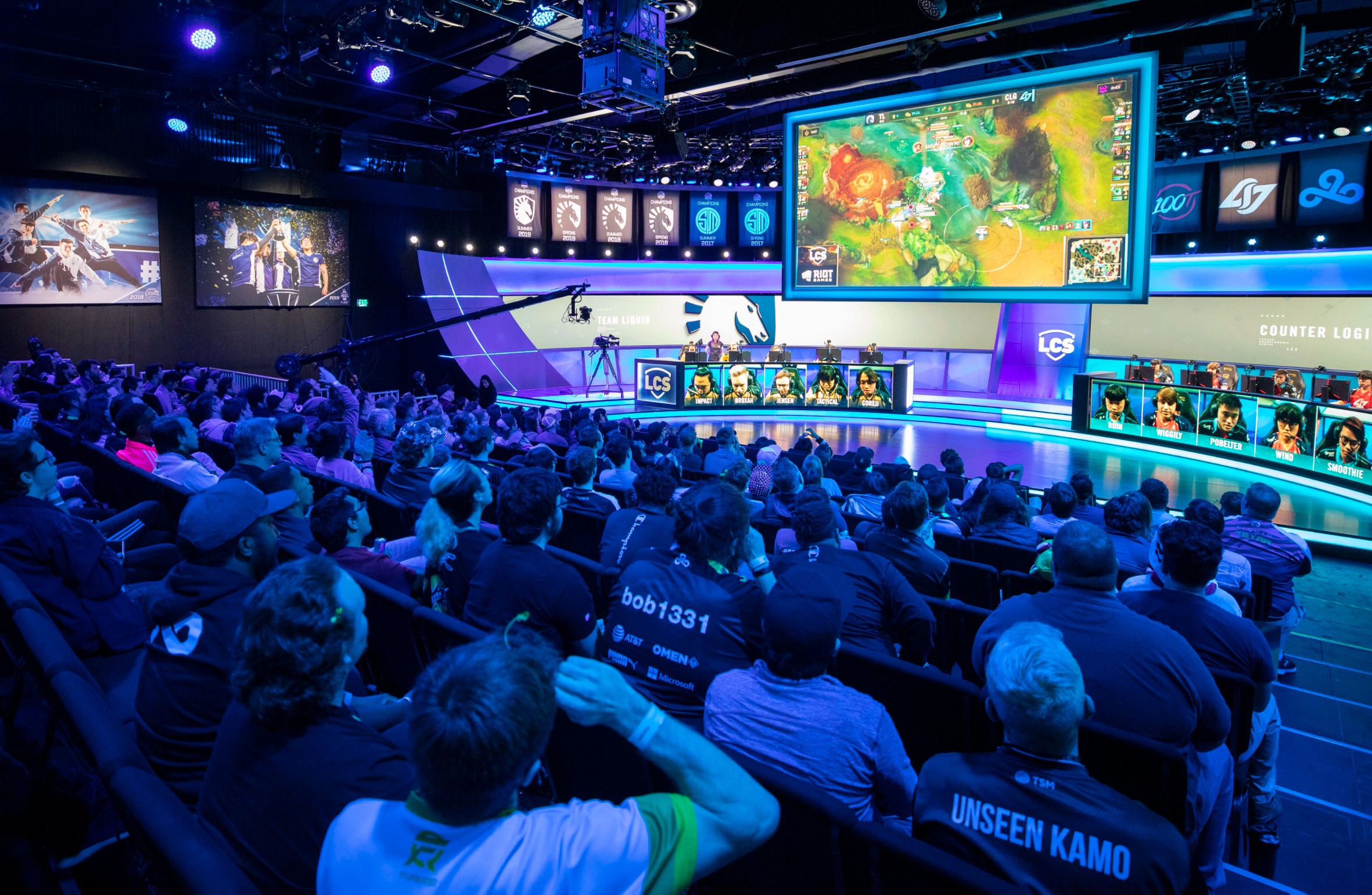
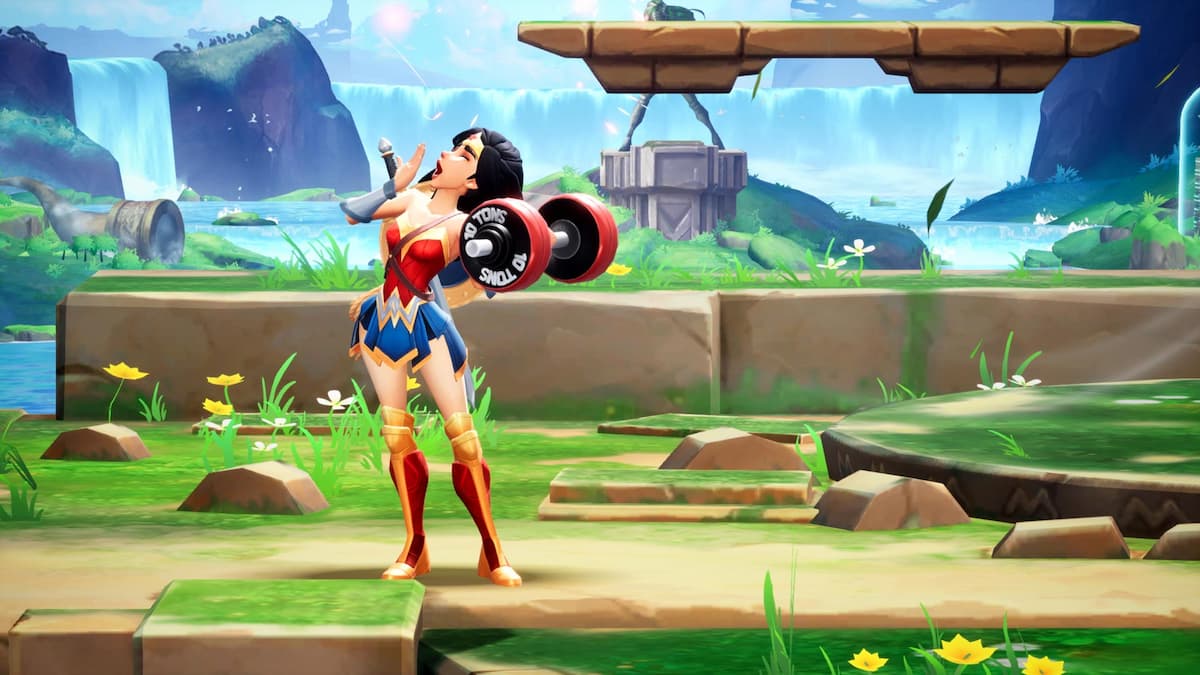


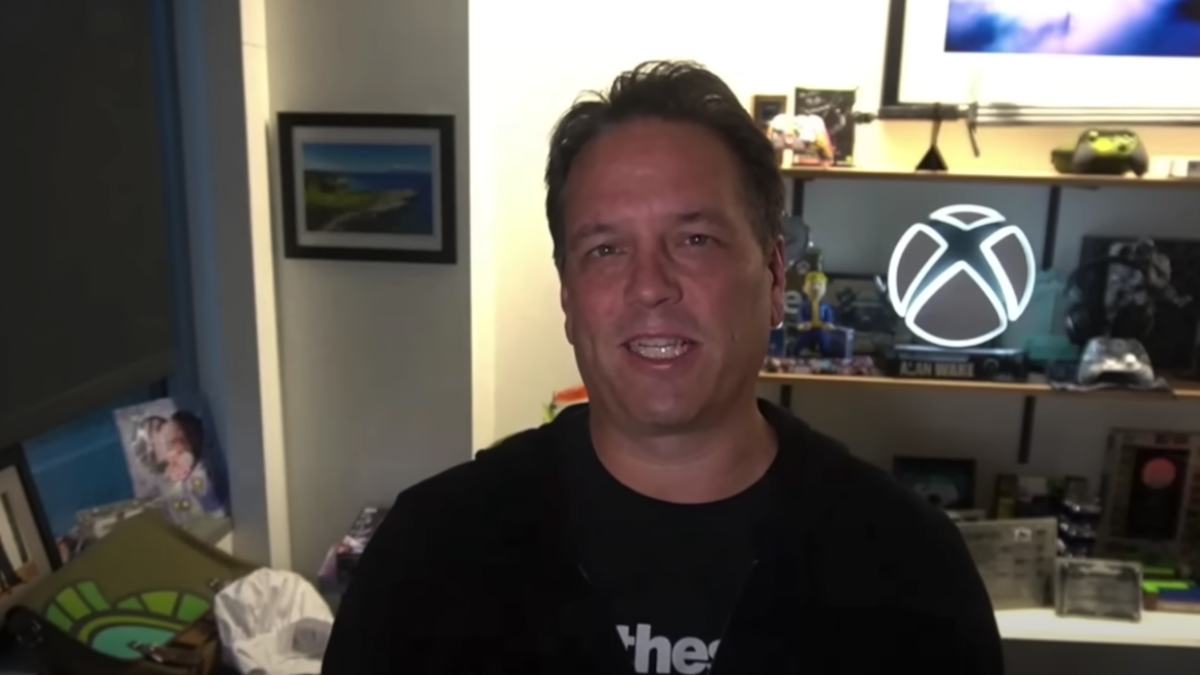
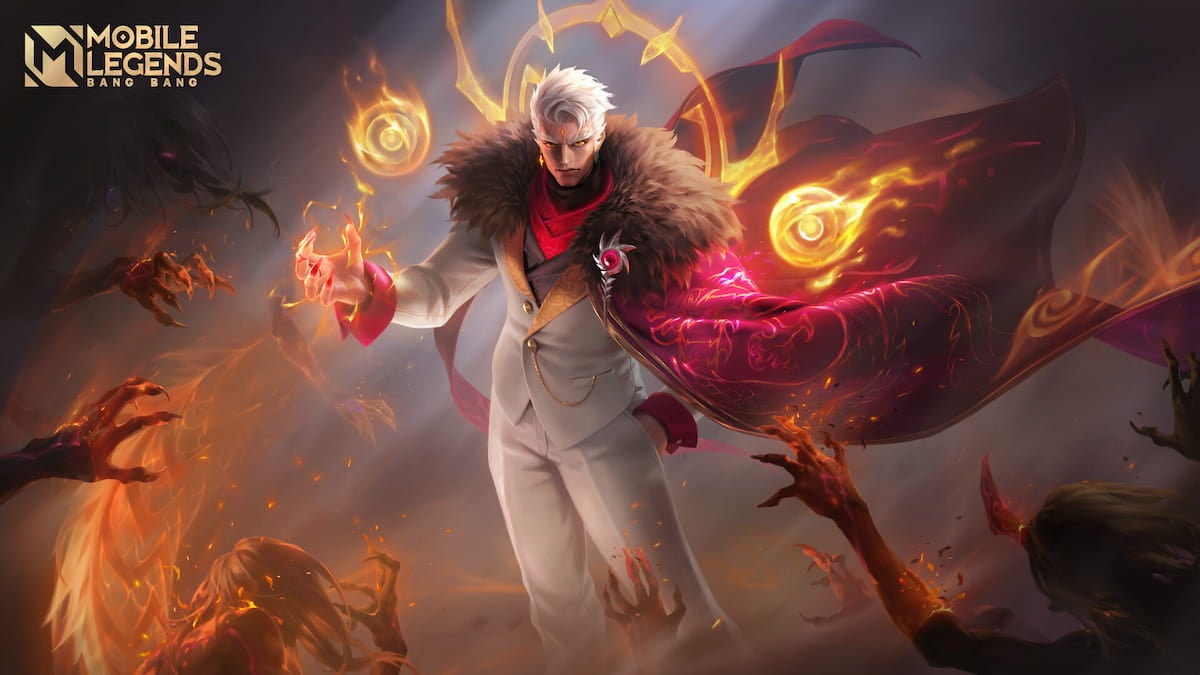
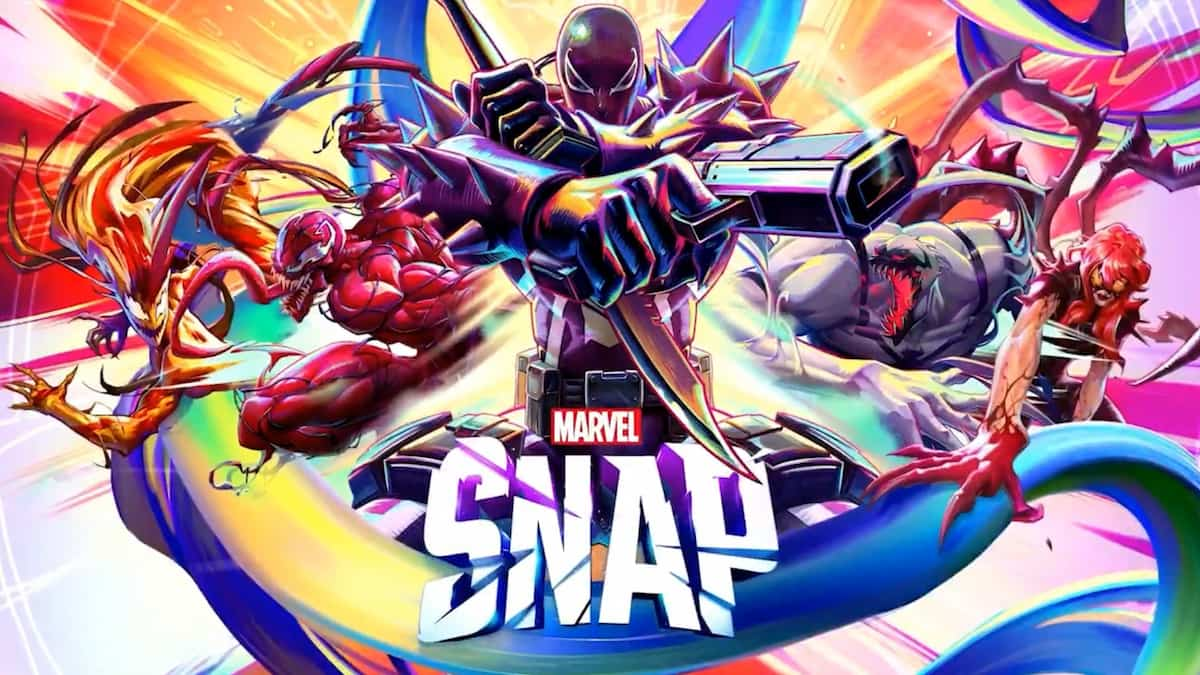
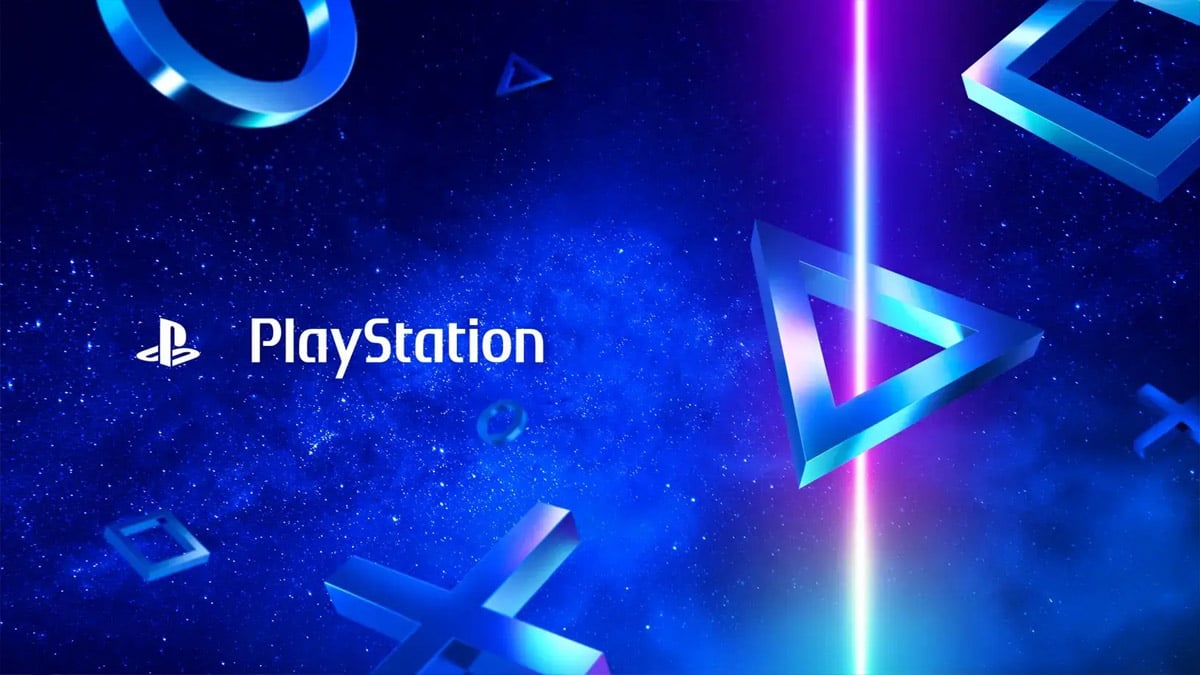
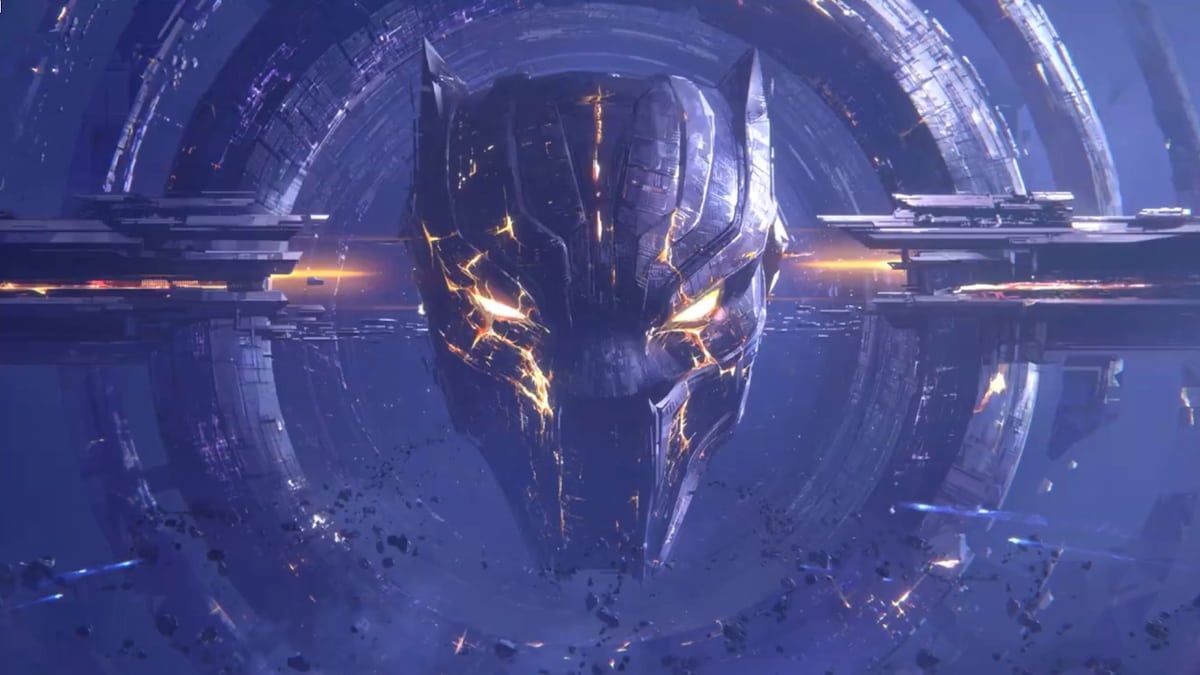

Published: Nov 11, 2021 04:15 pm